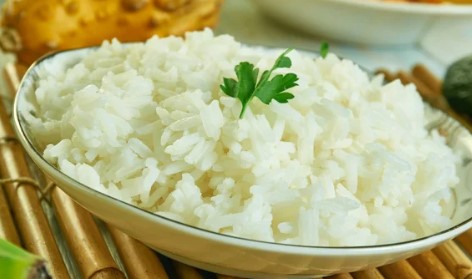On the coastal plains of Tanzania, the Zaramo people elevate the preparation of wali wa nazi (coconut rice) into a sacred ritual. This dish, rich in flavor and tradition, reflects their deep respect for the land and the spiritual connections forged through food.
The Spiritual Significance of Coconut

For the Zaramo, the coconut tree is a gift from nature, providing nourishment, shelter, and tools. The preparation of wali wa nazi begins with the careful selection and grating of fresh coconuts to extract their creamy milk, a process that demands patience and precision.
The rice is washed and cooked slowly with the coconut milk, resulting in a dish that is both fragrant and flavorful. This process is often accompanied by quiet prayer or song, emphasizing the sacredness of the act.
Sharing as an Act of Devotion
In Zaramo households, wali wa nazi is often prepared for special occasions, including weddings, religious ceremonies, and harvest celebrations. The dish is served on large platters and shared communally, symbolizing unity and abundance.
During certain rituals, portions of the rice are offered to ancestors as a gesture of gratitude and remembrance. This practice underscores the Zaramo belief in maintaining harmony between the living and the spiritual world.
A Poetic Tribute: “The Rice that Carries Us”
Zaramo poetry honors the tradition of wali wa nazi:
“White as the sands of the shore,
Rich as the milk of the coconut tree,
This rice feeds our bodies,
And binds our souls.”
Discover the Full Story
The Zaramo people’s dedication to wali wa nazi reveals how food can serve as both sustenance and a bridge to the divine. Explore more about Tanzanian culinary traditions in our From Shamba to Sahani cookbook.


Leave a Reply